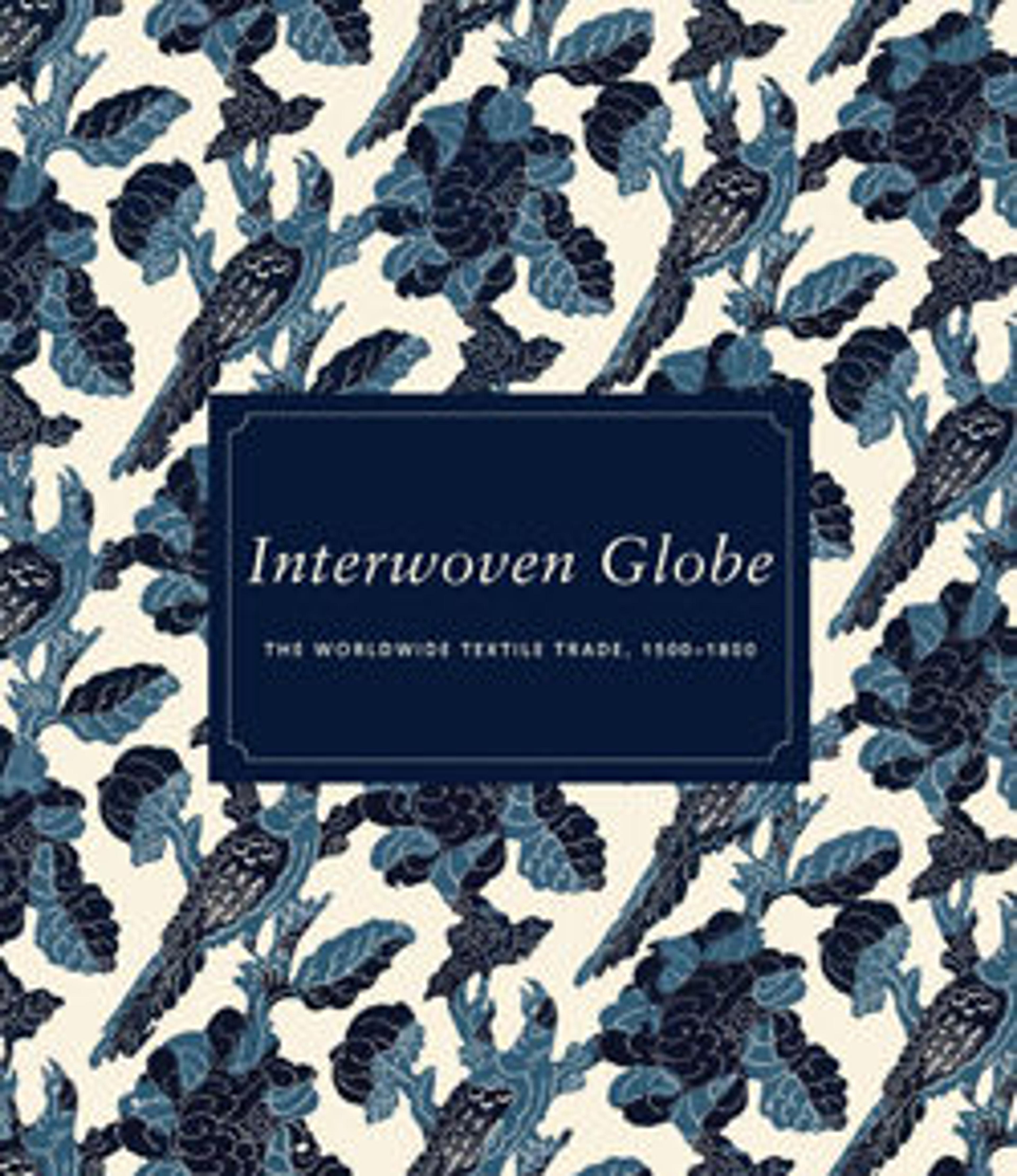Patolu with Elephant Design
A patolu is a silk textile with a design produced by a skillful, time-consuming process of pre-dyeing the patterns into both the warp and the weft threads so that the intended composition is revealed only after the two are woven together. This majestic textile depicts a royal parade with two pairs of elephants, each carrying attendants holding fly whisks, drivers, and crowned dignitaries. Standard-bearers, soldiers with lances, and soldiers on horses and camels accompany the procession. Patola played an important role in the Dutch effort to secure trading privileges in the Maluku spice trade, as these precious Indian-made silks were used as prestige gifts for local Indonesian rulers.
cat. no. 42
cat. no. 42
Artwork Details
- Title: Patolu with Elephant Design
- Date: late 18th century
- Culture: India (Gujarat) for the Indonesian market
- Medium: Silk double-ikat (resist dyed)
- Dimensions: Overall: 43 x 182 in. (109.2 x 462.3 cm)
- Classification: Textiles-Woven
- Credit Line: Purchase, Friends of Asian Art Gifts, 2012
- Object Number: 2012.164
- Curatorial Department: Asian Art
More Artwork
Research Resources
The Met provides unparalleled resources for research and welcomes an international community of students and scholars. The Met's Open Access API is where creators and researchers can connect to the The Met collection. Open Access data and public domain images are available for unrestricted commercial and noncommercial use without permission or fee.
To request images under copyright and other restrictions, please use this Image Request form.
Feedback
We continue to research and examine historical and cultural context for objects in The Met collection. If you have comments or questions about this object record, please contact us using the form below. The Museum looks forward to receiving your comments.
